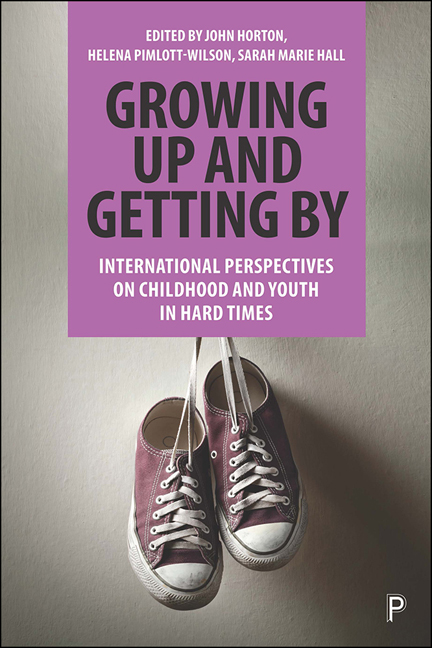6 - ‘Everywhere feels like home’: transnational neoliberal subjects negotiating the future
Published online by Cambridge University Press: 18 December 2021
Summary
Introduction
The neoliberal household
In the last four decades, globalised capitalism and the drive towards neoliberalism which was associated with the Thatcher and Reagan governments of the UK and US respectively has become a major research area for understanding households and the political economy. The gradual demise of social welfare in the face of neoliberalism has reconfigured the household to take on the burden of caring for itself, thereby increasing insecurity, reducing leisure time, and constituting greater reliance on global capitalism's commodified and privatised services for care work and childhood.
The ‘neoliberal household’ that has to bear the cost of household reproduction therefore encouraged all household members to work outside domestic settings and bring back wages in order to reduce the burden or cost of social reproduction on a few people. Working outside the home could imply migration. In most cases, movements have intensified middle-class lifestyles in developing countries, including dependence on other people, especially the poor and working class, for care work. Similarly, such burdens also often fall on women or are redistributed among younger people, especially girls. The relationship between globalised capitalist production and migration has also been an important area of inquiry in transnational migration studies. Geographers and sociologists examining labour migration effects of globalised capitalist production have emphasised unpaid domestic labour and exploitation as its hallmarks (Katz, 2001; Parreñas, 2001). Moreover, neoliberal reforms impact on childhoods and social reproduction processes across geographic scales are analysed in the work of Katz (2004) and Waters (2012). Scholars who focus on migrant parent and child relationships, including notions of ‘mothering from a distance’ have focused extensively on how relationships are maintained across borders to avoid family breakdown. In essence there is a representation of an adult migrant worker and the child who expresses emotional affective connection with the parent abroad (Hondagneu-Sotelo and Avila, 1997; Parreñas, 2005) and how it was mostly mothers who maintained contact with their children through letters and phone calls.
Work on how neoliberalism has shaped migration at global scales and intensified inequalities for migrant workers has been important, but it also effectively shifts attention away from children of migrants in advanced countries who have come of age and may draw on the cultural capital of the neoliberal household for economic capital accumulation.
- Type
- Chapter
- Information
- Growing Up and Getting By , pp. 115 - 136Publisher: Bristol University PressPrint publication year: 2021



